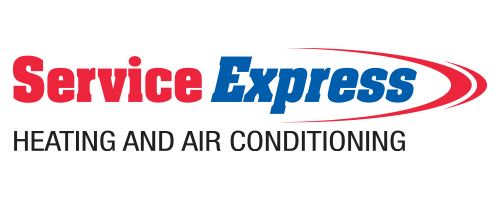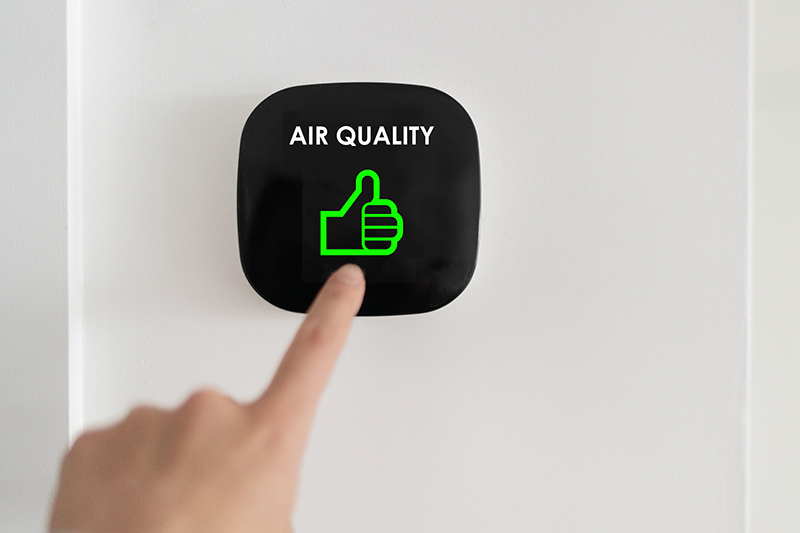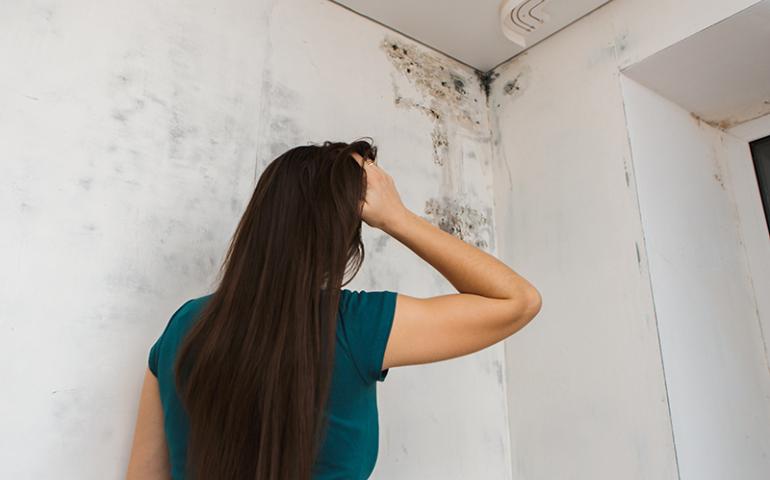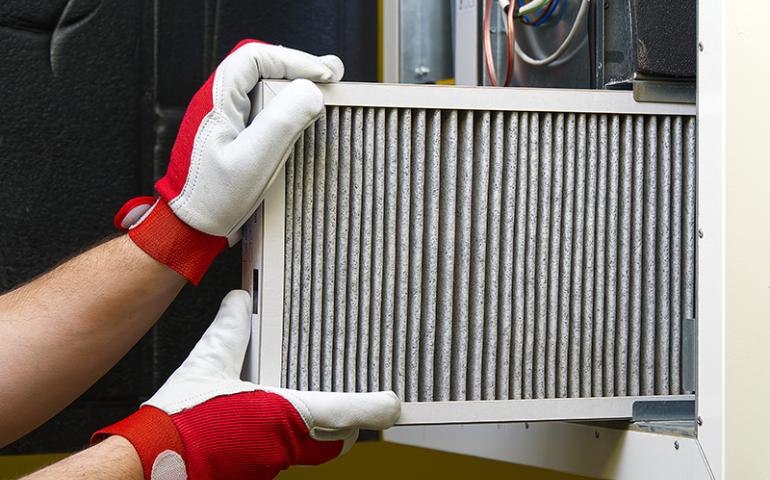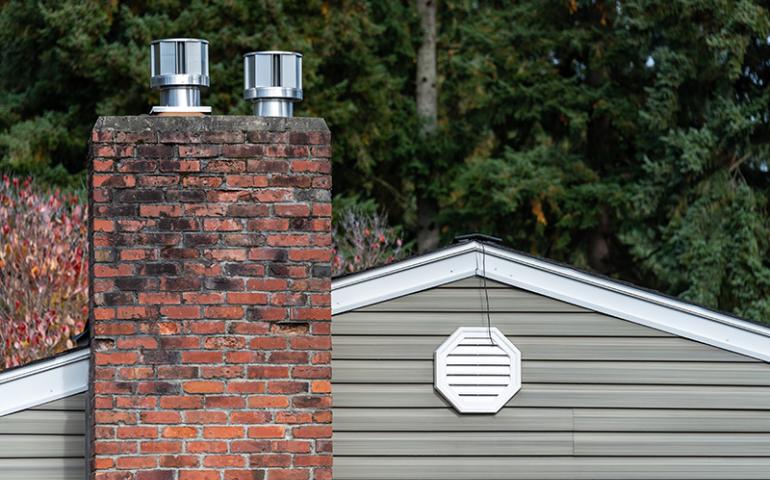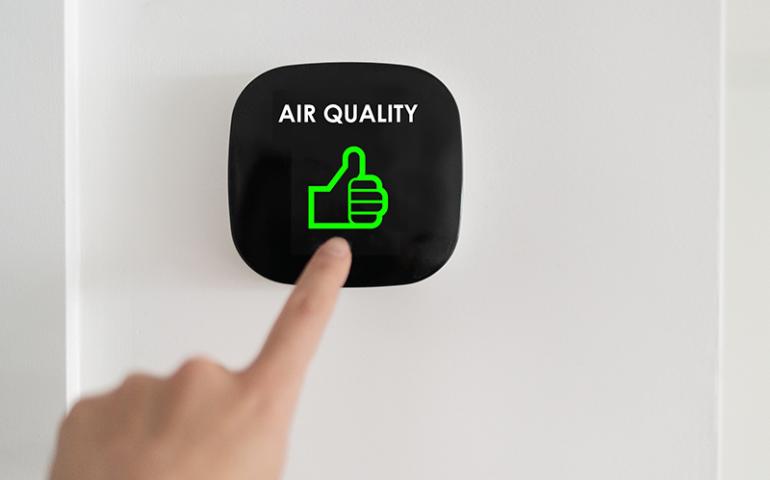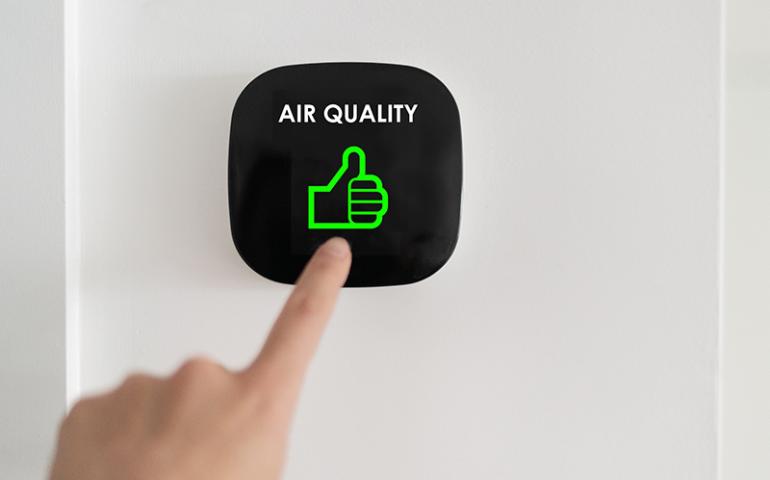Air Quality Matters: Enhancing Indoor Air with HVAC Solutions
Indoor air quality has a significant impact our health and well-being. We spend a large amount of time indoors, especially within our homes. Poor indoor air quality can lead to respiratory issues, allergies, and discomfort. HVAC systems serve a pivotal role on your indoor air quality. It is vital for creating a healthy home environment.
The Impact of HVAC Systems on Indoor Air Quality
Your home's HVAC system plays a crucial role in determining indoor air quality. It influences air circulation, filtration, and humidity control. Together, these impact the air you breathe. HVAC systems filter and circulate air throughout your home. During this process, they collect dust, pollen, and other airborne particles. Over time, these filters can become clogged. This hinders their ability to remove pollutants from the air. Proper humidity levels are vital for indoor comfort and air quality. HVAC systems also regulate humidity. Inefficient operation or lack of maintenance can lead to imbalanced humidity levels. This can lead to mold growth and discomfort. Air circulation can prevent stagnant air and the buildup of indoor air pollutants. A well-maintained HVAC system ensures adequate air exchange. This promotes fresh and clean indoor air.
Improving HVAC Efficiency for Enhancing Indoor Air Quality
Enhance your HVAC system's efficiency while improving indoor air quality with these steps.
- Regular Maintenance. Schedule routine HVAC maintenance to ensure optimal performance. Replace air filters, inspect ductwork for leaks, and check for any mechanical issues. These could all affect the air quality in your home.
- Upgrade to High-Efficiency Filters. Consider upgrading to high-efficiency air filters, such as HEPA (High-Efficiency Particulate Air) filters. They can enhance air filtration and capture a greater percentage of airborne particles.
- Seal Air Leaks. Address air leaks in your ductwork to prevent the infiltration of outdoor pollutants. It also helps to ensure efficient air distribution throughout your living space.
- Install a Programmable Thermostat. Opt for a programmable thermostat to regulate temperature and humidity levels. This allows for energy-efficient operation while maintaining a comfortable indoor environment.
- Ventilation System Evaluation. Check your home's ventilation system to ensure proper air exchange. It can reduce the accumulation of indoor air pollutants. Consider installing an energy-recovery ventilator for efficient fresh air intake.
- Consider UV Air Purification. You can place UV air purification systems within your HVAC system. They neutralize airborne pathogens, mold, and bacteria, improving indoor air quality.
Contact Us
A well-maintained HVAC system is key to maintaining good indoor air quality in your home. It's important to understand how your HVAC systems impact indoor air quality. You need to use the suggested strategies to improve efficiency. You can create a healthier and more comfortable living environment for you. Be sure to focus on regular maintenance and explore purifiers to improve the air you breathe. If you would like more information about air purification, contact us.
